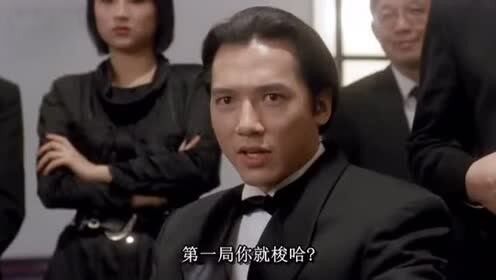Andre Cronje:当智能合约不再「智能」?
合约的可升级性一直是备受争议的话题。
若合约可升级,这意味着妥协了链上的信任最小化程度。若不可升级,协议的迭代将面临着极大的阻力。
不同应用的需求并不相同,信任程度并非不可妥协。对于 DeFi 类重资产协议,写死的合约巩固了资产的安全性。而对于其他需要频繁迭代的应用来说,不可升级的合约意味着用户迁移等繁重的成本。曾经,以太坊是唯一的部署选择,所以利用代理合约成为了迭代协议的不二选择。而现在越来越多的智能合约平台发展迅猛,这也为不同应用提供了更多的可选择方案。
本文来自 Andre Cronje,文中 AC 对智能合约的性质发表了自己的观点。律动 BlockBeats 对全文进行了翻译:
在过去的一天中,我的心情非常复杂。我还没能弄明白所有可用的数据,所以我还不能很好的总结此次发生的事件。这件事确实让我想到了智能合约,以及它们在我们生态系统中所扮演的角色。智能合约存在着一个独特的二元性,即它一方面重复着机械性的工作,无法加以更改,另一方面也无法在一开始就顺利运行,不过它所要做的就是消除一切人类的影响因素,并杜绝人为故障的发生。所以说,智能合约不仅是一个信任假设,也是一项应急措施。就算有一天我离开了人世,我在 DeFi 中曾写过的所有代码也还将照常独立运行,不需要我的任何介入。
对一些人来说,这是一个缺陷,但在我看来,这反而是一大优势——智能合约的不可变性正是它的优势所在。我过去一直反对代理模式,它在很大程度上还是依赖于人类领导的决策,不能独立完成自己的工作。这是因为它们知道自己一直受到人类监视,随时可能会被替换掉。但是,不仅智能合约需要担心自己地位不保,用户也应该小心谨慎,因为代理模式还是存在着一定风险。不过,我们也开发出了相应的风险缓解工具,并引入了时间锁,以确保参与者有足够的时间做出反应。同时,我们还增加了多签机制,从而避免因个人而引发的故障。但归根结底,这些方法都是在让人类对智能合约享有一定的控制权。
我们已然偏离了原先的方向。
我想在这里重复一下我在以前文章中写过的话:在 Crypto 中,你是在花钱投票。如果你一直投票给那些低级骗局、快速致富计划,或垃圾分叉的话,那么它们便会只增不减。平台建设本身已经相当困难了,它所需要的时间比任何人想象的都要长,而要想搭建没有人类干预的平台,则需要花费更长的时间。不过,我们已然发展到了能够直接管理这些协议的阶段,它们正从 EOA 向外发送资金。我自己在这方面也有过错,我自己也已经偏离了原来的愿景。
我非常关心有关协议和机器人的各类话题,因为我一度认为我们不是在为了人类而搭建,而是为了机器,为了方便它们生成新的机器货币,为了方便我们未来的机器霸主进行交易,为了生成一种可以在我们灭绝后长久存在的机制。我仍然坚信这一点,但我已经偏离了方向。
我一直希望有人能认可我的观点,所以我便开始寻找社区,想找到和我志同道合的人。我真的很想有所归属,不想再做一名独行侠了。然而现在,能与我深入探讨各智能合约之间的细微差别及其与数字金融的关系的人,简直是屈指可数。他们其中大多数人都已经退休,或者都已经不那么关心行业的最新动态了。
我需要重新审视我的目标,但我在看自己写的代码时,我也发现,虽然我的思想有所改变,但我对事业的一腔热血却丝毫没受到影响。我的代码没有设置代理机制,没有人工组件、管理函数和 DAO 控件,也未设有多签或时间锁功能,只是在简单正常地运行。如果你想证实这一点,可以在此处查看Solidly的代码。
智能合约的不可变性与自主性恰恰是它的优势,而非问题。
我们经常谈及信任假设,但代码中并不存在信任假设,只有我们人才需要它。
我将继续为未来机器为王的时代而努力,说不定以后我还能成为它们的宠物。



